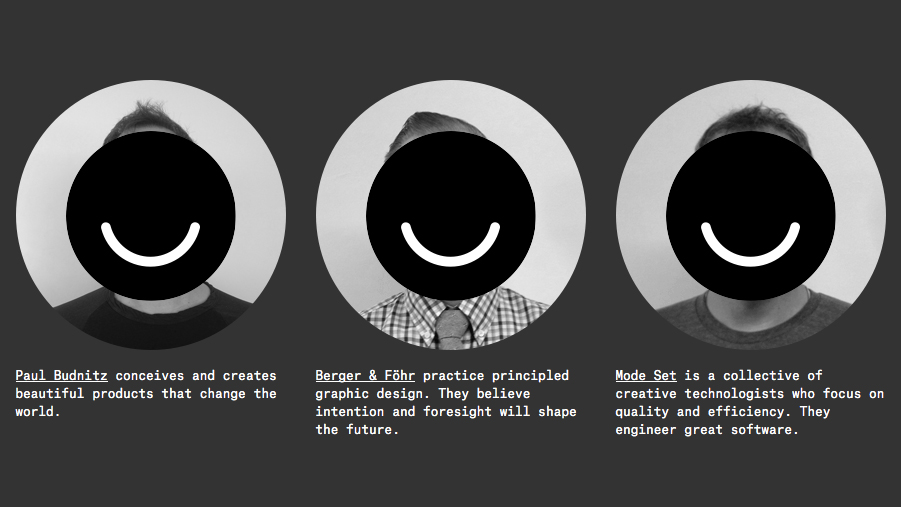Ello hype proves we may be ready to move on from Facebook
It's a freemium social network, and the timing is perfect

We've been here many times before. Something comes along wanting to be the "next social network", it gains a bit of traction, a few articles pop up about all the "buzz" it's causing, and then it vanishes back into the black hole of insignificance. We all go back to Facebook and Twitter and that's the end of it.
But something different is astir with Ello. The social network with the no-ad promise is picking up more hype than those before it. Kickstarted by a mass immigration of the LGBTQ community peed off by Facebook's correct name policy, the initial groundswell has been spurred on in the last 48 hours by scores of people tweeting and Facebooking about it - and the fact you need an invite if you want access (Exclusivity helps build hype. Always. Even for Google Wave).
Once you're in, Ello looks pretty familiar. It actually reminds me a lot of Chinese social network Weibo, which I became a big fan of during my time living in the country, and which similarly pulls together the timeline of Twitter with the more personal features of Facebook.
It's a clean look, but more importantly Ello promises no ads and no data mining. So how the hell is it going to keep the lights on? Its creators promise paid-for features in the near future, which users will have the option of adding to their profiles at a small cost. It sounds like it's going to be a freemium social network.
Sure, history tells us that it'll go the way of so many of its predecessors. But history has another lesson to teach us about: Myspace.
Remembering Tom
Remember hanging out with Myspace Tom? He still remembers you. And he still remembers how you left him on the sinking HMS HTML without a liferaft when you jumped ship for Facebook. Zuckerberg's platform was a way of escaping those annoying Myspace changes you didn't like.
But like Ello, Facebook wasn't so different from what we knew when it came along. It was new, it was interesting, but it wasn't exactly different. Moving away from the personalisable profiles that Myspace afforded to Facebook's monotonous blue pages probably wouldn't have been predicted by most, but there you go.
Sign up for breaking news, reviews, opinion, top tech deals, and more.
And the niggling resentments we had towards Myspace are starting to creep in again, now aimed at Facebook and, to a lesser extent, Twitter. Like Myspace, Facebook is not the same beast it once was: It spams our feeds with adverts more than ever; it sells on our data to more third parties than ever. Meanwhile Twitter's latest idea is to invade our feeds with tweets from people we don't even follow. There has to be a breaking point.
All these companies need to find ways to survive, so I'm certainly not suggesting we deserve any of this stuff for free. But Facebook's current model of aggressive expansion could end up costing it its appeal. I'm fickle. So are you. We're human. We'll both move onto something better if it comes along, and only faster if we're being pushed from the other direction.
Because the only thing keeping us on Facebook is our friends. And when they go, we'll go with them.
So will Ello pick up or will it sink like a stone? As I said, recent history predicts the latter. But a lot of people are interested in Ello right now and I think that says a lot. Feelings towards Facebook and Twitter have shifted in the past few years and there may soon be an opportunity for someone else to swoop in and divert our attention - there's no reason Ello isn't that someone.
Facebook and Twitter may not have to worry about any mass migration just yet, but if they continue to increasingly push adverts, sell data and spam our feeds, their days of relevance are surely numbered.

Hugh Langley is the ex-News Editor of TechRadar. He had written for many magazines and websites including Business Insider, The Telegraph, IGN, Gizmodo, Entrepreneur Magazine, WIRED (UK), TrustedReviews, Business Insider Australia, Business Insider India, Business Insider Singapore, Wareable, The Ambient and more.
Hugh is now a correspondent at Business Insider covering Google and Alphabet, and has the unfortunate distinction of accidentally linking the TechRadar homepage to a rival publication.